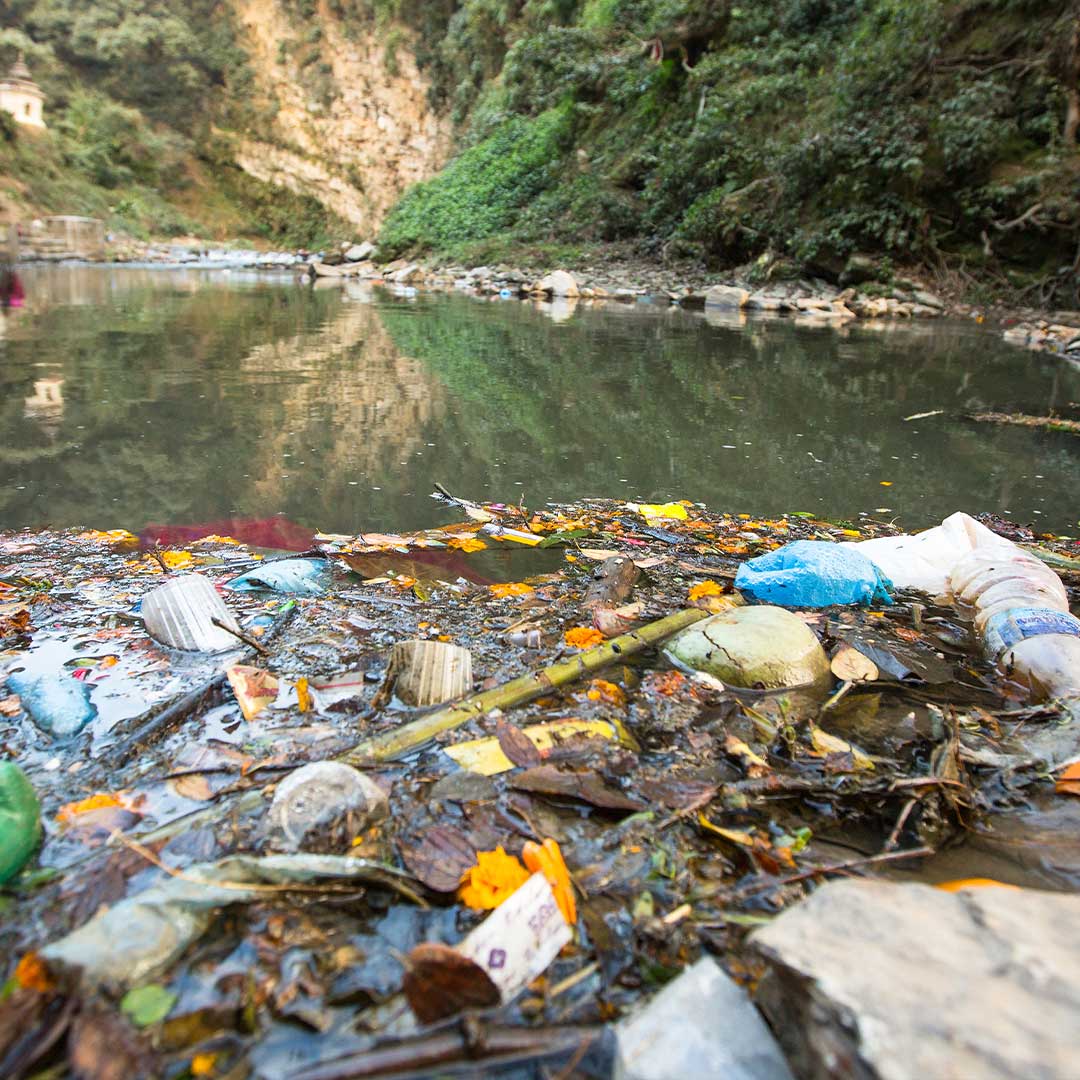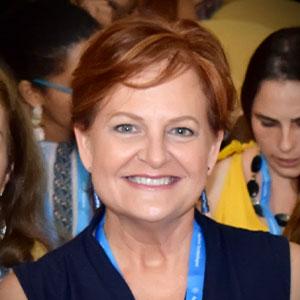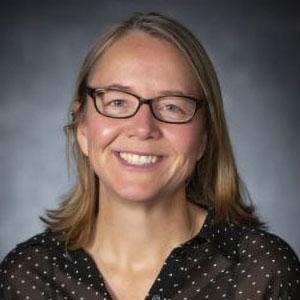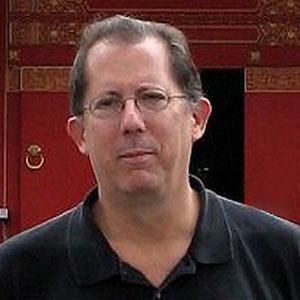Real Talk: How Contaminated Can Our Water Be?

WHEN
Thursday, October 22, 2020
11:00-12:00 p.m.
LOCATION
Online
PRICE
Free
Check out this video to watch the Toxicology and Societies: The Impacts of Chemicals in Our Lives.
There are over 300,000 chemicals being produced and used in almost everything we wear, eat, and drink. Please join us as we launch a new speaker series Toxicology and Societies: The Impacts of Chemicals in Our Lives to learn more about how toxicology (the study of poisons) affects you and your society. This seminar series aims to help you better appreciate, understand, and evaluate the many ways that manufactured chemicals interact with all humans on Earth.
Our vision in developing this series was to support a better understanding of something that affects all of us. How can you ever hope to understand when and where you or your family might be at risk from some of these chemicals? The short answer is, while you can’t know everything about all of these substances, you can learn more about how toxicology affects you and your society.
The first speaker in our series, Mary Reiley, is a biologist recently retired from EPA's Office of Water. Mary will use “real-talk” to guide us towards a better understanding of the science and decision-making used to determine how contaminated our water can be. Please join us for her talk "Dropping the "ego-lingo": “people-speak” on how science is used in environmental and human health decision making." This is a free event, but registration is required.
Click here to learn more about the speaker series.

Mary Reiley
Speaker
Mary is a biologist by training and recently retired from EPA’s Office of Water after 36 years working to protect water quality for the benefit of both aquatic and human health. Mary is also trained in program management; facilitation for meetings, working groups, and decision makers needing assistance with interest-based negotiation, difficult conversations, and divergent perspectives; as well as coaching, mentoring, and technical and inspirational public speaking. Mary spent her career using this skill set to bring together diverse science, engineering, legal, economic, and policy expertise from across EPA and other federal agencies, academia, businesses, and stakeholders to lead them through science and policy discussions that established state-of-the-science and informed water quality protection decisions.

Dr. Ruth Sofield
Co-host
Dr. Ruth Sofield is a Professor of environmental toxicology and chemistry in the Huxley College of the Environment. She received her Ph.D. and M.S. in Environmental Science and Engineering at the Colorado School of Mines. Ruth’s research group focuses on the effects of water and air pollution. Their current projects include the aquatic toxicity of microplastic and tire wear particles, and the use of moss as a biomonitoring tool for particulate matter. Ruth is a member of the Puget Sound Partnership Science Panel and the President of the Pacific Northwest Society of Environmental Toxicology and Chemistry.

Dr. Tracy Collier
Co-host
Dr. Tracy Collier received his Ph.D. in Fisheries Sciences from the University of Washington. He has worked for over 45 years as a toxicologist, with more than 35 of those years spent at NOAA’s Northwest Fisheries Science Center, where he served as the director of a science division that employed up to 100 people, that covered several disciplines, including environmental toxicology, analytical chemistry, harmful algal blooms, and watershed processes. He has over 175 scientific publications, and currently is an affiliate faculty at Western.
Upcoming Talks
November 5
Talk: Environmental Health Studies on Navajo Lands
Speaker: Jani Ingram, Northern Arizona University, Chemistry and Biochemistry Department
November 19
Talk: Microplastic Pollution
Speaker: Peter Ross, Coastal Ocean Research Institute
December 3
Talk: Contaminants of Concern for Human and Environmental Health
Speaker: Nancy Denslow, University of Florida, Center for Environmental and Human Toxicology & Department of Physiological Sciences
QUESTIONS
Contact the WWU Alumni Association for this event. Feel free to call at 360.650.3353 or email at alumni@wwu.edu if you have any questions or comments. WWU is an equal opportunity institution. For disability accommodation, please contact the WWU Alumni Association.